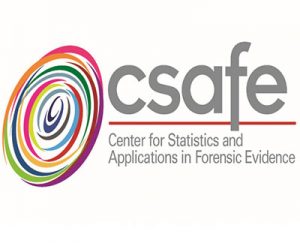Read here a new ProPublica piece raising concerns with reliability of field drug test and describing the harrowing case of Amy Albritton, who pleaded guilty in exchange for a reduced sentence to felony drug possession in Houston, based on a test of a crumb found in her car – a crumb that a field test said was cocaine – but the field test was false.
They note: “every year at least 100,000 people nationwide plead guilty to drug-possession charges that rely on field-test results as evidence. At that volume, even the most modest of error rates could produce thousands of wrongful convictions.” And – “A federal survey in 2013 found that about 62 percent of crime labs do not test drug evidence when the defendant pleads guilty.” The piece describes the work of the Houston Forensic Science Center to do testing in such cases, however, and how as a result, they uncovered errors: “in 251 cases, the results were simple: ‘No Controlled Substance.’”
And – “If Albritton’s case is one of hundreds in Houston, there is every reason to suspect that it is just one among thousands of wrongful drug convictions that were based on field tests across the United States. The Harris County district attorney’s office is responsible for half of all exonerations by conviction-integrity units nationwide in the past three years — not because law enforcement is different there but because the Houston lab committed to testing evidence after defendants had already pleaded guilty, a position that is increasingly unpopular in forensic science.”


Leave a Reply